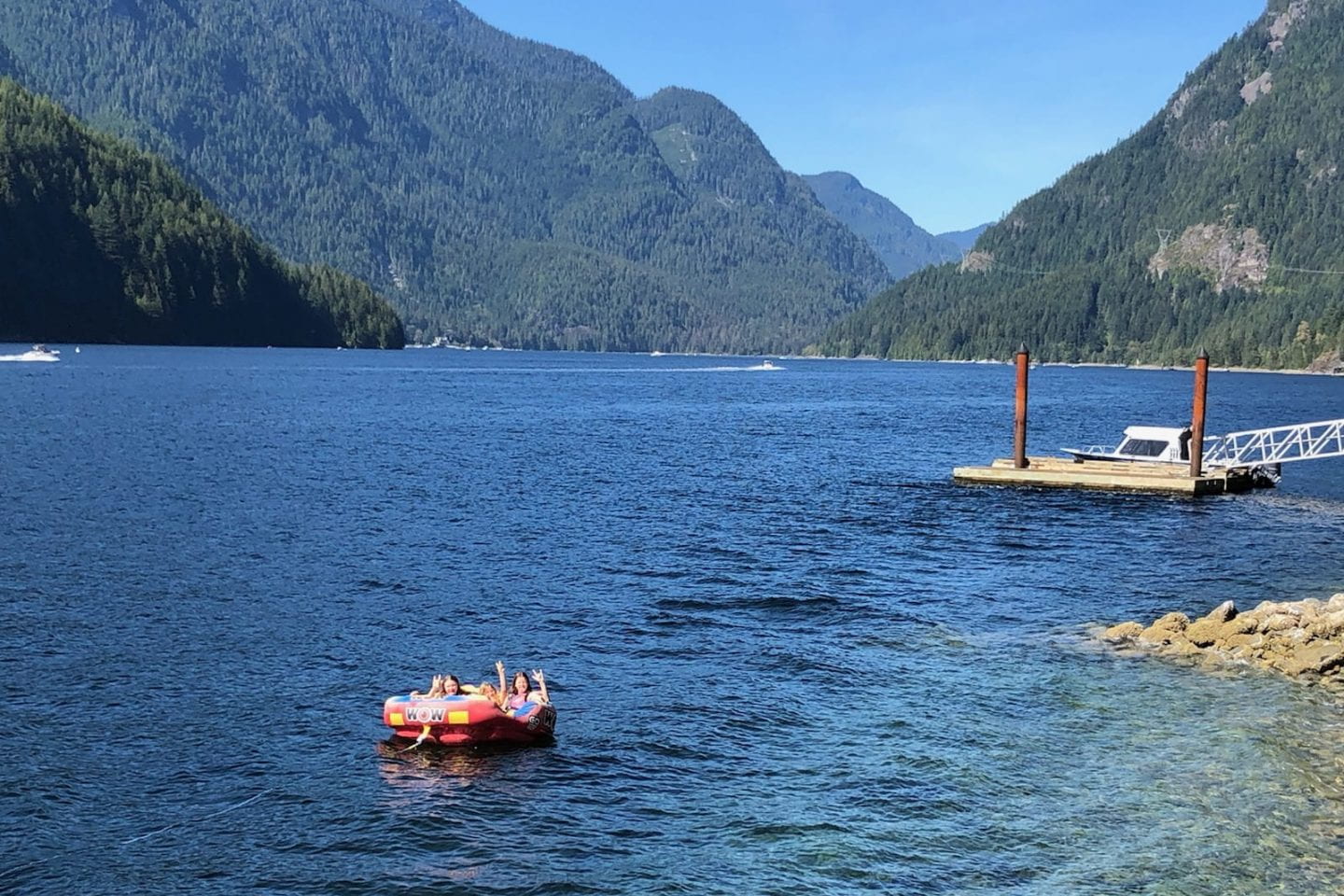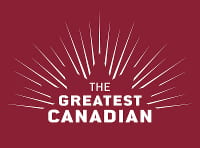My First Episode on “How to Survive High School”
Hi y’all welcome back to my blog. On todays post, I will be reflecting on my most recent project called “The Greatest Canadian” that my PLP class had been working on for the past month or so. This project was inspired by a show that ran on CBC back in 2004, where there was a series of 10 episodes, all with different hosts presenting a certain person and trying to convince the viewers that their Canadian was the greatest. So what each one of us in my class did was that we did something pretty similar except we created podcasts instead of videos and had a more diverse variety of people to be our greatest Canadians instead of just all white men.
Driving question: “Who is the Greatest Canadian?”
When we first started off this project, I had absolutely no idea who I wanted to interview, because that was also something mandatory to have in our podcasts, what I wanted to do for my podcast and who I was going to pick to be my greatest Canadian.
Establish Historical Significance: How do we make choices about what is worth remembering?
So, the stepping stone that really helped me narrow down and decide who I was going to chose to my Greatest Canadian was the Historical Significance worksheet. This also happened to be one of the competencies for our project: Establishing Historical Significance.
What happened in this assignment was that we noted the greatness of our choice for our Greatest Canadian on importance, profundity, quantity, durability and relevance. Of course at the time, I still had absolutely no idea who to do, but I had a few ideas. I eventually narrowed them down and decided to chose Alessia Cara because she matched my own podcast topic the best and she’s just amazing, so why not chose her. Overall, this assignment made it much easier for me to chose my person and get a better understanding of how great she really is.
Empowered Learner: How might I use technology to construct knowledge?
For one of our other competencies, Empowered Learner, I felt that both my podcast planner and podcast episode represented it best. My podcast planner because although it wasn’t exactly the “fanciest” planner, it was very well organized, very eye appealing and still used some of the features that we are offered in Numbers. Which made me quite proud of it because for me personally, I don’t typically like to make assignments like these look better, nor did I think that I’m exactly artistic enough to, but this time I did.
When it came to my podcast, I was quite proud of it in the end because of how I formatted it and expressed her story and my opinion on why I thought she was the greatest Canadian. The flow of it, with a combination of what I was saying, my tone and the music was well put together as well. I also liked who I ended up interviewing, Ms Langevin (the choir teacher at my school). I made this connection being the fact that she also has a platform to teenagers to spread all kinds of messages as Alessia does, and of course that both their careers have to do with music.
Comprehending Text: Have I applied a variety of strategies to comprehend texts and express an understanding of how texts use features?
Now for the final competency of this project, the best examples of this would be the videos that we watched of the greatest Canadians from CBC and the text readings we did in class. We only watched two of those “Greatest Canadian” videos but they certainly helped me get a better idea of what I wanted my podcast to be like and what I wanted the viewers to take from it.
The text readings we did in class were also a good example because it gave me a great opportunity to comprehend a random text, relate the subject to my project and discuss with my peers and hear other points of view about the text. For example, one of the texts we read was about being “Not-American” and Canadian identity, which happens to be the main subject of our own project. With my peers, and the rest of my class, it was interesting to hear them talking about wether they agree or disagree to being “Not-American” well representing Canadian identity.
After completing our final podcasts, we then formed a basecamp post, which included show notes, our episode, a transcript of our podcast and our sources from research. We then emailed the link to the basecamp post to our interviewee.
I personally really enjoyed the lectures we did over the course of this project, they were very informational and just overall interesting to learn about. They were also all pretty different subjects, so if there wasn’t something that you were particularly interested in, you could find something else you liked more in another lecture. Also, since each lecture covered a whole subject, there was more that I was able to extend on and do my own research. Which is exalts what I did in my weekly posts, particularly for week 2 & 3.
Here is my podcast if you’d like to listen to it:
To sum up, this project was very much enjoyable. I not only had fun learning about Canadian identity and other subjects we explored, but actually went and did my own research at home, and had fun doing that, which had never really happened before. I also learned more about creating a podcast and went out of my comfort zone while creating it. But, if I were to do anything differently, I wish that I had explored GarageBand a lot more because the music I created for my podcast was good but could’ve been much better.
Anyways, that’s all for now.
Bye!






Awesome post Alex! You take us through your process in this project really nicely and include some good evidence of your learning and what helped you create this episode on Alessia Cara. As your reflection states “could’ve been better” – I hope you are motivated to keep working on your podcast skills moving forward! Nice work!